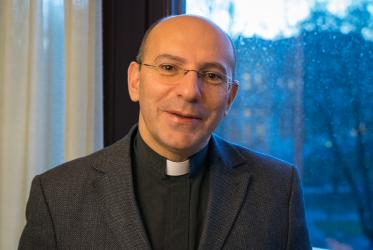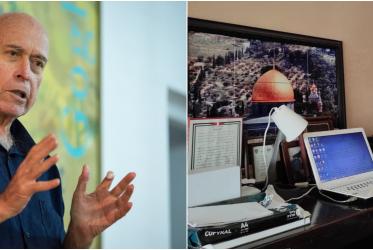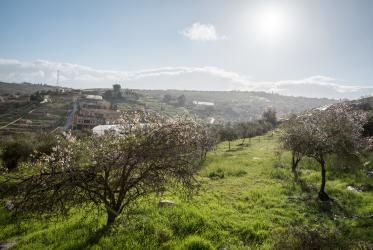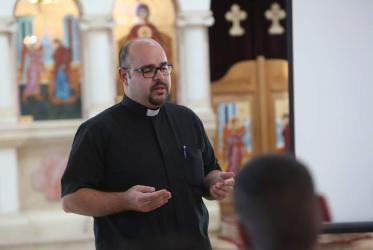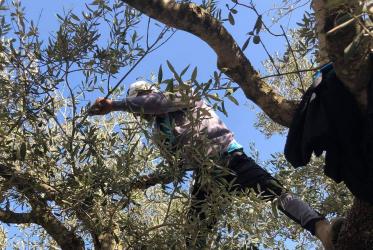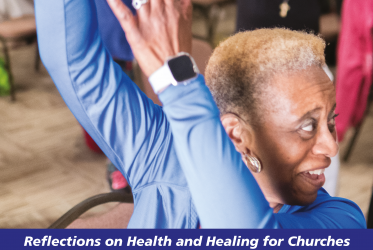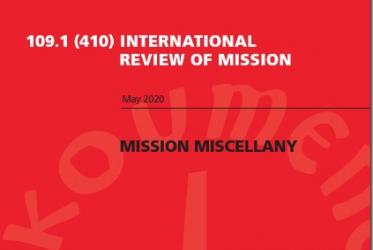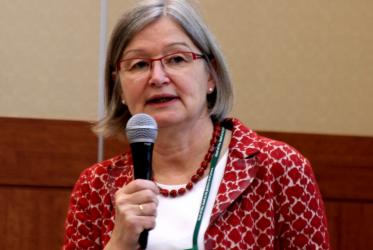Displaying 141 - 160 of 312
09 December 2020
As olive harvest draws to a close, who is helping the farmers?
08 December 2020
On World Olive Tree Day, planting is an act of love
26 November 2020
Fr Jamal Khader: “We need to keep hope alive” in Palestine
25 November 2020
In Palestine, “God honored this olive tree”
12 November 2020
“Your life is in peace when you collect the olives"
29 October 2020
“Olive trees are holy signs of peace, older than anyone”
22 October 2020
“Stand together praying for just peace in Palestine and Israel”
14 September 2020
Dr Beate Jakob: "We are one body."
15 April 2020
